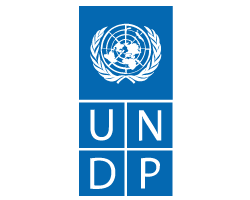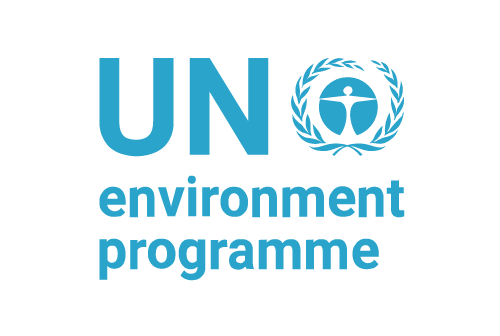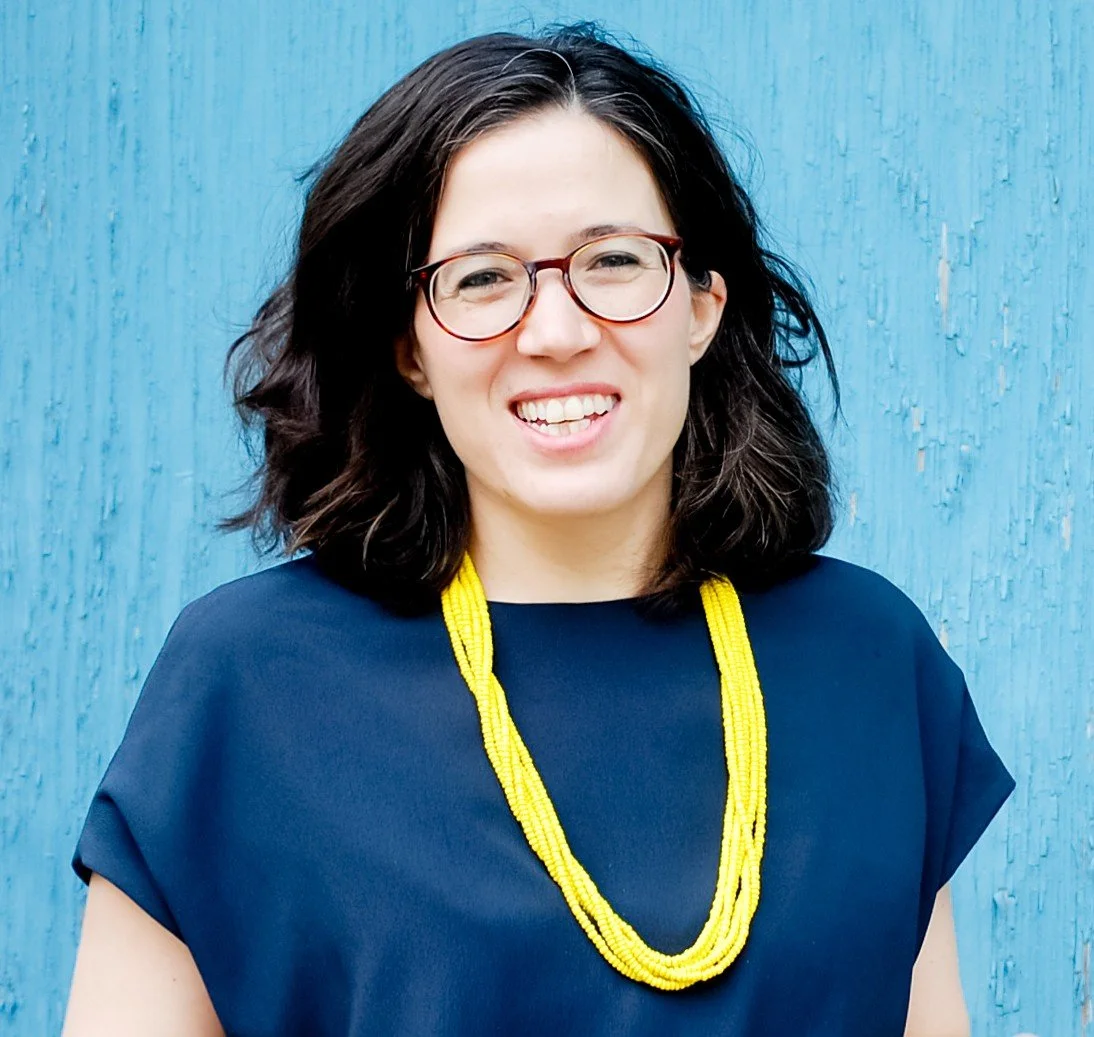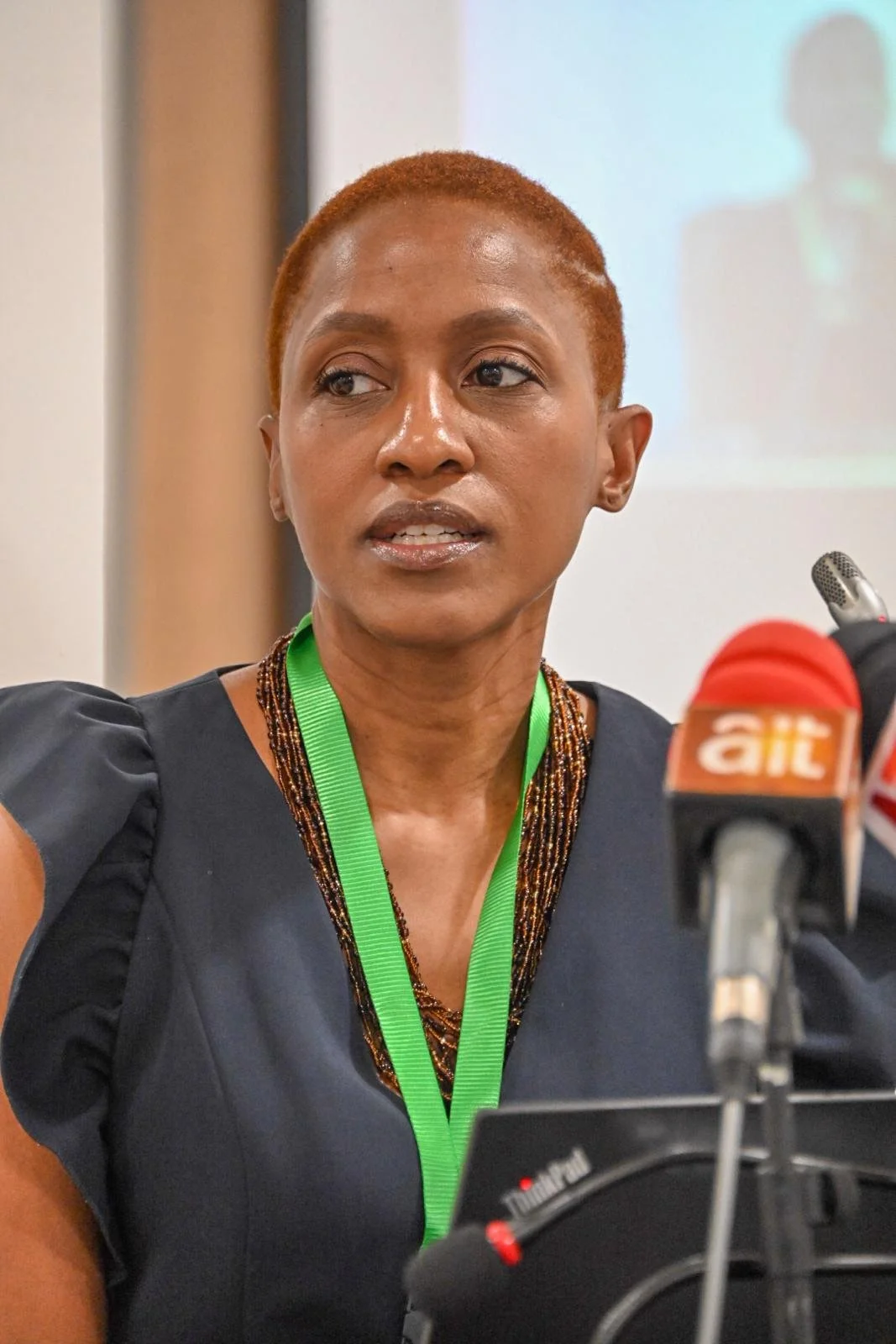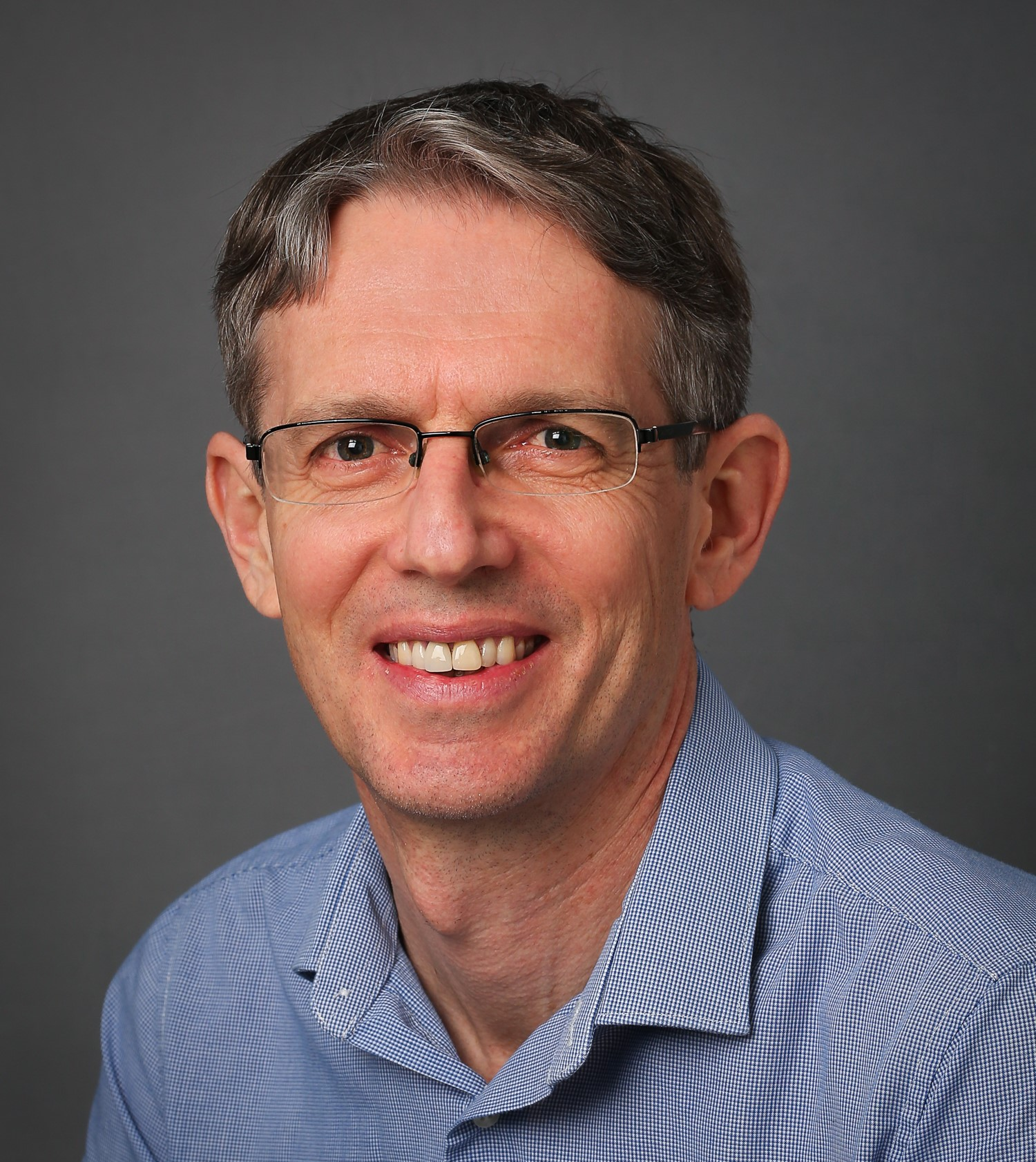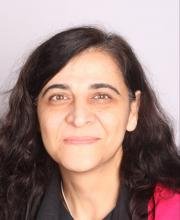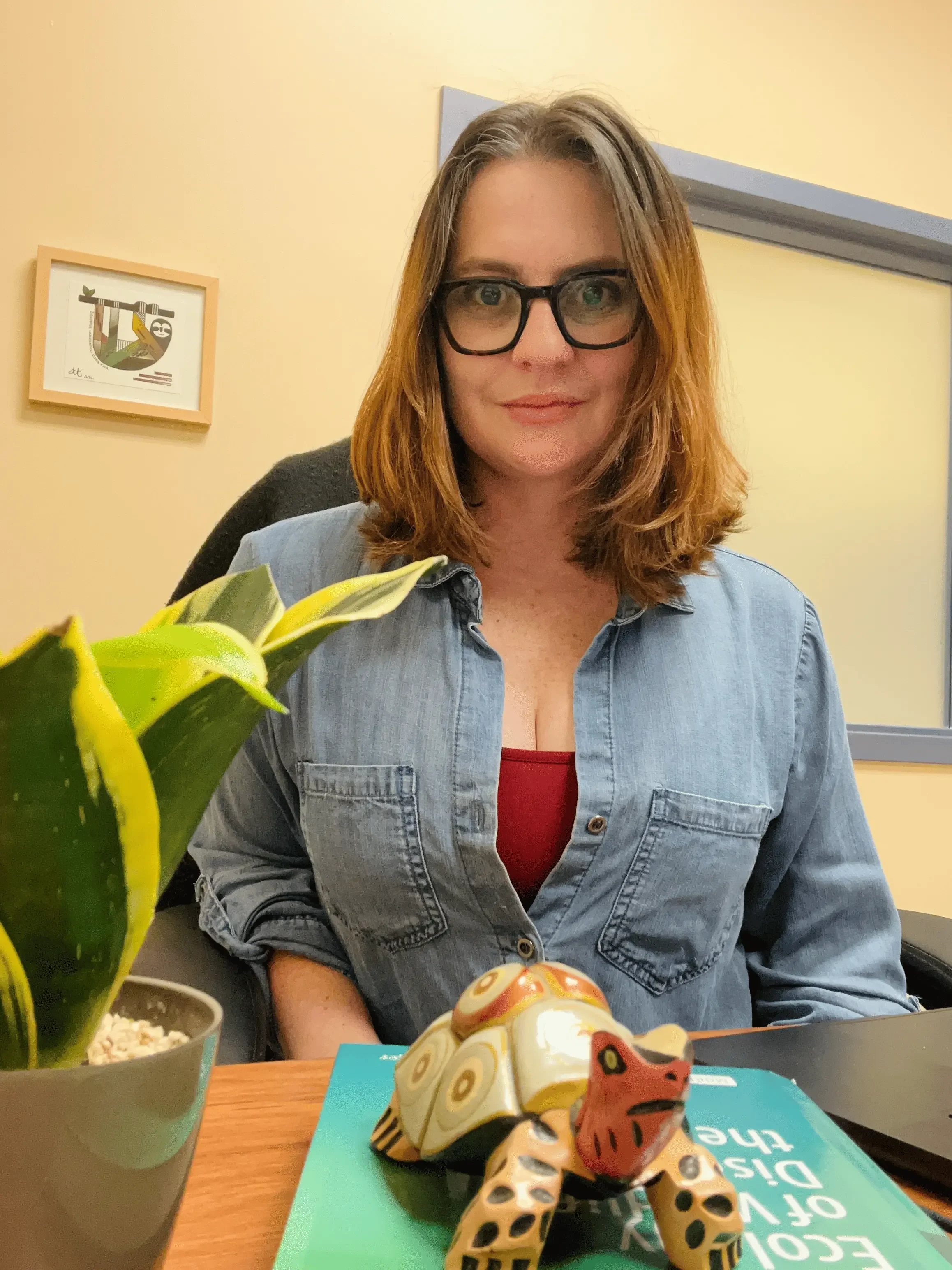
Our health depends on the health of
our planet
Governance
The governance structure of Nature for Health consists of five main bodies:
N4H Partners
Nature for Health’s Partners are made up of leading environmental and health organisations who are prominent in the One Health space. Each Partner brings an extensive experience and a range of relevant and unique expertise which they will apply to the strengthening of the environmental aspects of preventative One Health. They also bring a strong commitment towards ensuring the long term success and impact of the N4H initiative.
-
BMUV (also known as the Federal Ministry for the Environment, Nature Conservation, Nuclear Safety and Consumer Protection) is a cabinet-level ministry of the Federal Republic of Germany with branches in Bonn and in Berlin. BMUV has been working for over 30 years to protect the public from environmental toxins and radiation, promote the wise and efficient use of raw materials, advance climate action and to ensure that natural resources are used in a way that protects the diversity of animal and plant species and preserves their habitats.
-
The Secretariat of the Convention on Biological Diversity (SCBD), based in Montreal, Canada, was established to support the goals of the Convention on Biological Diversity which was signed at the Earth Summit in Rio de Janeiro, Brazil, in 1992. The SCBD’s principal functions are to to assist governments in the implementation of the CBD and its programmes of work, prepare for, and service, meetings of the Conferences of the Parties (COP) and other subsidiary bodies of the Convention, and to coordinate with relevant international bodies.
-
As the United Nations lead agency on international development, UNDP works in 170 countries and territories to eradicate poverty and reduce inequality. The organisation helps countries to develop policies, leadership skills, partnering abilities, institutional capabilities, and to build resilience to achieve the Sustainable Development Goals. UNDP’s work is concentrated in three focus areas; sustainable development, democratic governance and peace building, and climate and disaster resilience.
-
The UN Environment Programme is the leading international authority that sets the global environmental agenda, and promotes the coherent implementation of the environmental dimension of sustainable development within the UN system. The UN Environment Programme works on delivering transformational change for people and nature by drilling down on the root causes of the three planetary crises of climate change, nature and biodiversity loss, and pollution and waste.
-
The World Organisation for Animal Health (WOAH) is an intergovernmental organisation responsible for improving animal health worldwide and fighting infectious animal diseases. Together with its 182 Member states, WOAH coordinates the global response to animal health emergencies, the prevention of zoonotic diseases, the promotion of animal health and welfare, and better access to animal health care. WOAH is headquartered in Paris, with regional and sub-regional offices worldwide.
-
The World Health Organization (WHO) is a specialised agency of the United Nations that is responsible for promoting international public health, preventing disease, and improving the overall well-being of people around the world. The WHO works with governments, NGOs, and other partners to provide leadership on critical health issues, develop health policies and guidelines, and coordinate responses to global health emergencies. It is headquartered in Geneva, Switzerland with six regional offices and 150 field offices.
-
The International Union for Conservation of Nature (IUCN) is a membership Union uniquely composed of both government and civil society organisations. By harnessing the experience, resources and reach of its more than 1,400 Member organisations and the input of some 15,000 experts, IUCN is the global authority on the status of the natural world and the measures needed to safeguard it. IUCN is headquartered in Switzerland and has offices in more than 50 countries worldwide.
Steering Committee
The N4H Steering Committee is composed of one senior-level representative from each of the N4H Partner organisations. In coordination with the N4H Secretariat, the Committee is responsible for guiding and overseeing the development and strategic direction of the N4H initiative. This includes guidance on N4H strategic and programmatic priorities, taking into account the recommendations from N4H Technical Advisory Group, as well as the approval of resource allocations.
-
UNDP
Natalia Linou is the Deputy Director of UNDP’s HIV and Health Team and has worked in global development and health equity for two decades. She oversees the work of UNDP on the social and environmental determinants of health, including at the nexus of climate change, pollution and biodiversity loss. Prior to her current role, she served as Executive Director of the FXB Center for Health and Human Rights at Harvard, as Science Advisor to the New York City Health Commissioner, and in the Executive Offices of UNDP and UN-ESCWA. She has a doctoral degree in social epidemiology from the Harvard T.H. Chan School of Public Health.
-
CBD
Ms. Sakhile Silitshena has over 20 years of experience in biodiversity management and is Director of the Division of Science, Society and Sustainable Futures at the Secretariat of the Convention on Biological Diversity (SCBD).
She previously led the Biodiversity, Science, Policy and Governance Unit at SCBD and worked with the Green Climate Fund, managing its relationship with the UNFCCC. Her career includes roles with SCBD, UNDP, the Heinrich Böll Foundation, the Kalahari Conservation Society, and the Government of Botswana, focusing on biodiversity, climate change, wildlife, water resources, and renewable energy.
She holds a Bachelor’s degree in Environmental Science and a Master’s degree in Environmental Law.
-
WHO
Diarmid Campbell-Lendrum is the Head of the Climate change, Energy and Air Quality Unit at WHO, leading the expansion of WHO’s work on the health effects, climate change, biodiversity and global environmental change across WHO Member States. With PHD and postdoctoral research experience in zoology and ecology of vector-borne disease transmission at Oxford University and the London School of Hygiene and Tropical Medicine, Diarmid is an international Member of the US National Academy of Medicine, and a lead author of the Millenium Ecosystem Assessment and 3 IPCC reports.
-
IUCN
Ali Raza Rizvi is the Head of Climate Change at IUCN’s Centre for Economy and Finance in Washington DC. Ali has over 25 years of leadership and management experience in the conservation and development sectors with expertise that covers coastal zone management, disaster risk reduction, food security, sustainable livelihoods, climate adaptation and nature-based solutions. His work spans across Asia, Africa, Europe, and the Americas where he has helped development and humanitarian agencies on their rehabilitation, livelihoods, and adaptation initiatives.
-
UN Environment Programme
Doreen Robinson is a conservation ecologist by training with over twenty five years of experience. She is the Head of the Biodiversity and Land Branch at the UN Environment Programme where she oversees a global portfolio of programmes supporting biodiversity conservation and wildlife, land management, nature positive food systems, and economics of ecosystem services. She holds a MSc degree from the University of Maryland and a BSc from Cornell University.
-
BMUV
Elke Steinmetz is a dedicated “restorationist”. She is a geographer by education, and has spent her career working for NGOs, the science sector and government. For more than ten years she served as a political advisor at the German Federal Ministry for the Environment and now holds the position of Head of Division for International Cooperation on Biodiversity.
-
WOAH
Chadia Wannous is the One Health Global Coordinator for the World Organisation for Animal Health (WOAH) supporting One Health initiatives, including on emerging and remerging and endemic zoonotic diseases, AMR, food safety and integrating the environment into the One Health approach. Chadia is a public health professional with a PhD in International Health and Development from Tulane University in the US with extensive training and experience in health emergencies prevention, preparedness and response at the animal, human and environment interfaces.
Technical Advisory Group (TAG)
The Technical Advisory Group (TAG) is composed of international-level global One Health experts and practitioners from different sectors and diverse disciplines. The role of the TAG is to support and advise the N4H Steering Committee by providing technical inputs on the development, implementation and monitoring of the N4H initiative. It will also ensure an independent and expert voice in its operations. TAG members complement the Steering Committee by applying their technical knowledge and expertise across different subject areas - from epidemiology, wildlife and ecosystem health to public health, policy and governance. The TAG does not have any formal decision-making authority.
-
Bangladesh, Pakistan
A veterinarian trained in tropical veterinary medicine, animal virology and molecular biology and the founding Vice Chancellor of Chattogram Veterinary and Animal Sciences University, Nitish led the establishment of the civil society platform "One Health Bangladesh" in 2008 and since its inception, he has worked as National Coordinator of One Health Bangladesh. He is also appointed as a member of the High-Level Expert Panel for One Health (OHHLEP).
-
France, Europe
Serge Morand has a strong track record, with accompanying field experience, working in the biodiversity and health sphere. He is an epidemiologist with specific expertise on the various zoonotic infectious diseases in Southeast Asia - a region threatened by biodiversity loss and emerging diseases - which are at the interface of wildlife, livestock and human health . He is appointed in several international scientific bodies, including the One Health High-Level Expert Panel (OHHLEP).
-
Rwanda, Africa
For 10 years, Julius Nziza was the country coordinator of the PREDICT Project, an epidemiological research programme funded by a United States Agency for International Development (USAID) which focused on preventing emerging infectious diseases. He performed research on ecosystem and biodiversity conservation, has participated in One Health operationalisation in Rwanda since 2011 and is currently working on improving the health of mountain gorillas and other non-human primates in Rwanda.
-
Dr. Pag-yendu M. Yentcharé is an Assistant Professor and a Socio-Legal Scholar at the Graduate School of Public and International Affairs at the University of Ottawa. He has 15 years of interdisciplinary experience in biotechnology & international environmental law and governance. His currently is the Principal Investigator of a participatory research project with Indigenous communities on Traditional Medicinal Knowledge in Africa
-
Costa Rica, Central America
Andrea Chaves is a Costa Rican disease ecologist working under a One Health framework in Mesoamerica. Her research focuses on the ecological and social drivers of infectious diseases at the human–domestic animal–wildlife interface, with particular attention to bidirectional transmission risks in changing tropical landscapes. She leads transdisciplinary projects that integrate community engagement, decision-makers, and academia to strengthen prevention strategies. Her work also promotes the role of women in science and community health, advancing their capacities and recognition within an integrative and inclusive approach.
Chair
-
Brazil, South America
Dr Christina Pettan-Brewer is a writer, veterinarian, transdisciplinary researcher, director and Associate Professor in the Department of Comparative Medicine, School of Medicine and an affiliate professor at the School of Public Health, Centers for One Health Research, at the University of Washington, Seattle, USA. She holds two doctoral degrees in Veterinary Medicine (DVM) and a recent PhD in Global and One Health. She is an alumnus from the Federal University of Vicosa, University of California, Davis, Federal University of Parana, University of Washington and the University of Fairbanks, Alaska. She also holds three post-doctoral research fellowships from NIH (National Institute of Health), CDC-Atlanta, and the University of Washington, USA in Comparative Medicine and Pathology, Medical Genetics, EmergingInfectious Diseases, Wildlife Medicine and Indigenous Population. Dr Pettan-Brewer’s research and teaching focus on population health and neglected and emerging infectious diseases through the One Health approach and global actions. As a Fulbright One Health Scholar and Ambassador she implemented One Health in Latin America since 2010 and has been developing One Health/Ecohealth/Planetary Health cooperative and collaborative international partnerships between Global North and South uniting several actors and sectors from the research perspective, and focused on One Health Actions for Biodiversity, Health Equity, Sustainable Ecosystems, and Integrated Health in the interactions of humans-animals-photosynthetic organisms- ecosystems. She serves as a volunteer in Steering Committees and Advisory Groups: International Allianceagainst wildlife trade and health risks, America and World Veterinary Associations One Health and Education, PREZODE International WG, and she was founder or President of Latin America One Health Networks and is currently the Vice-President of ABRASUNI.
Christina has over 100 scientific publications (articles and chapters) in English and Portuguese, and she is heading to writing and publish her first Book in One Health Actions in the Global South with CABI Publishing. She is an Editor of special editions in Frontiers and CABI Journals, and Reviewer/Editor in many international high impact Veterinary and One Health Journals and Scientific Magazines. She is the Co-Chair of the Technical Advisory Group of the United Nations Environment Program’s 'Nature4Health' Initiative.
-
Zimbabwe, Africa
Rumbidzai Gondo is a research consultant specialising in health policy and sustainability. She consults for an organisation aligning policy with the SDGs by assessing sustainability frameworks, developing the roadmap and metrics for environmental, social and governance legislation and tapping the circular economy. She worked with Doctor Without Borders on Covid-19, Ebola and other infectious diseases research. She is on the steering committee for the Zimbabwe Youth Biodiversity Network and the knowledge sharing committee of Africa Alpbach Network.
-
Alexandre Caron is a French researcher working for Cirad, trained as a veterinarian and a wildlife ecologist. Based in Nairobi for 1 year in 2004, he contributed to the wildlife epidemiology unit of the PACE project. Since 2006, he has spent 18 years in southern Africa based in Zimbabwe until 2014 and then Mozambique, hosted at the Eduardo Mondlane University in Maputo. Since August 2024, he is a Joint Appointee at the International Livestock Research Institute (ILRI) in Nairobi, Kenya.
-
Australia, Oceania
Dr Katie Woolaston is an interdisciplinary researcher, lawyer and Senior Lecturer in the School of Law at QUT and independent consultant She holds a Masters in Law (specialising in Human Rights & Social Justice) from the University of New South Wales, and a PhD in Environmental Law from Griffith University.
Dr Woolaston’s research is focused on international and domestic wildlife law and the regulation of the human-wildlife relationship through the One Health approach. She is particularly interested in using the social sciences to resolve long-held and deeply-rooted attitudes and values that are contrary to conservation and embedding such processes in law and policy. Dr Woolaston’s current research is focused on human-wildlife conflicts, and the integration of One Health approaches in wildlife and environmental policy in the wake of COVID-19. She was an expert on the Intergovernmental Science-Policy Platform on Biodiversity and Ecosystem Services (IPBES) panel concerning Biodiversity and Pandemics, and is the Chair of the Technical Advisory Group of the United Nations Environment Program’s 'Nature4Health' Initiative. Her first book, titled ‘Ecological Vulnerability: The Law and Governance of Human-Wildlife Relationships’ was published by Cambridge University Press in 2022.
Co-Chair
UN Multi-Partner Trust Fund Office (MPTFO)
The United Nations Multi-Partner Trust Fund Office is the only UN entity dedicated to the design and administration of multi-stakeholder pooled financing instruments, supporting the launch of over 150 pooled funds across the entire humanitarian-development-peace spectrum. The N4H Multi-Partner Trust Fund will be administered by the Trust Fund Office meaning that it will be responsible for Fund design, set-up and maintenance of the Fund account, including the receipt of donor contributions and disbursement of funds.
Secretariat
The N4H Secretariat is hosted at UNEP in Nairobi and is responsible for day-to-day management including coordination, monitoring and evaluation and communications.



